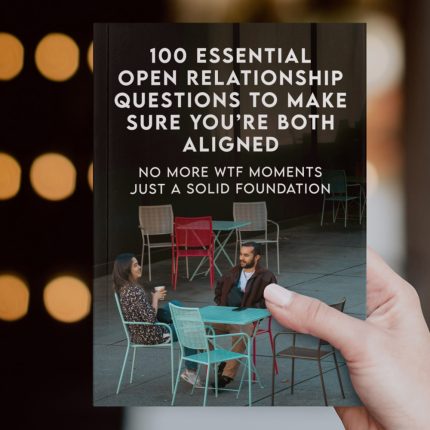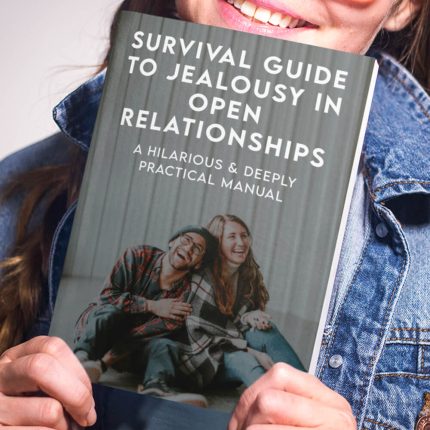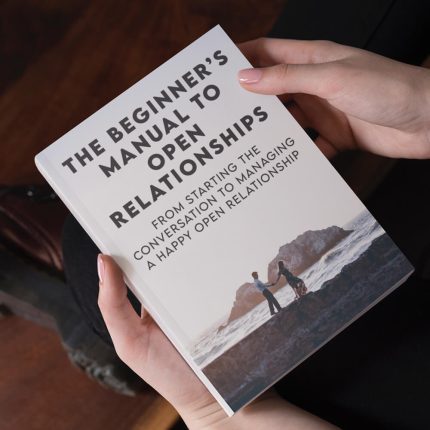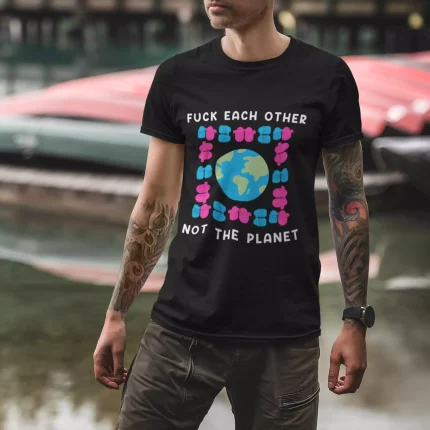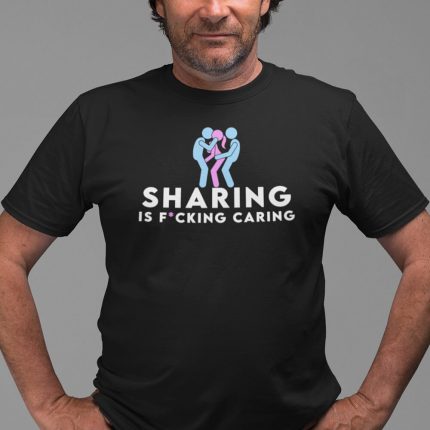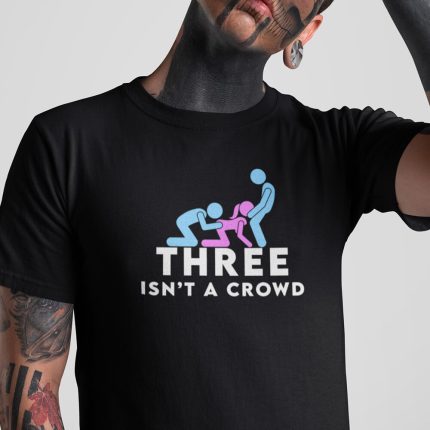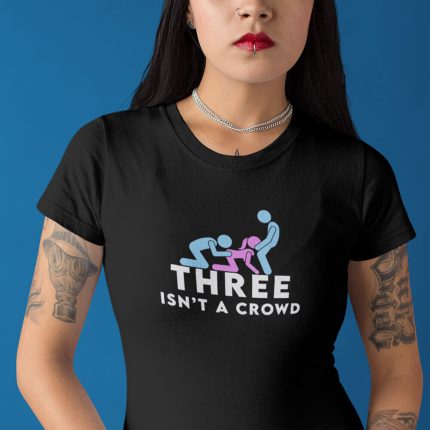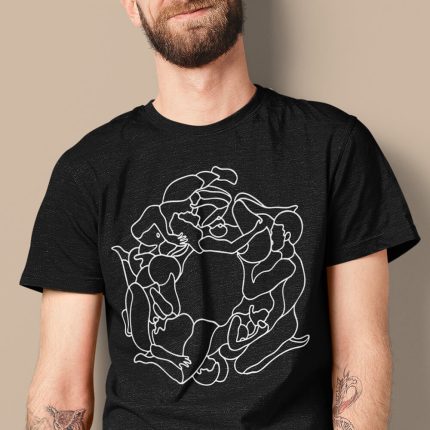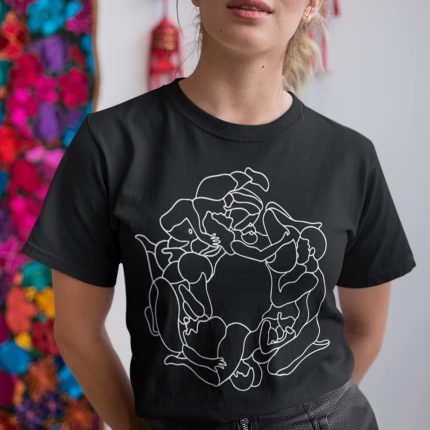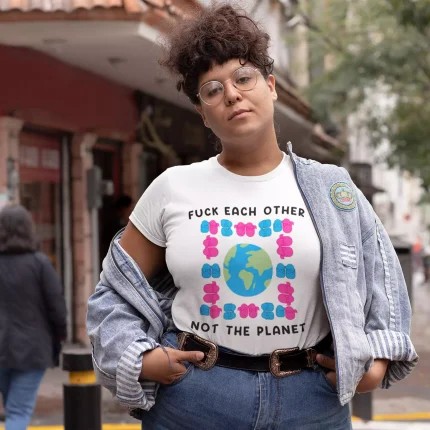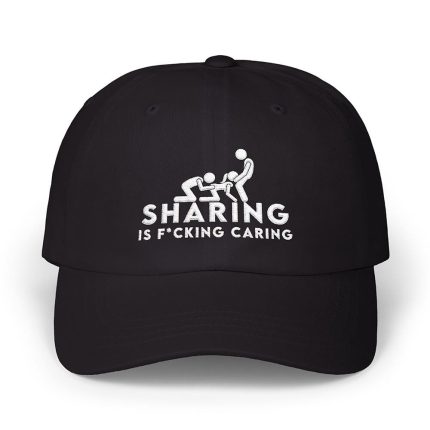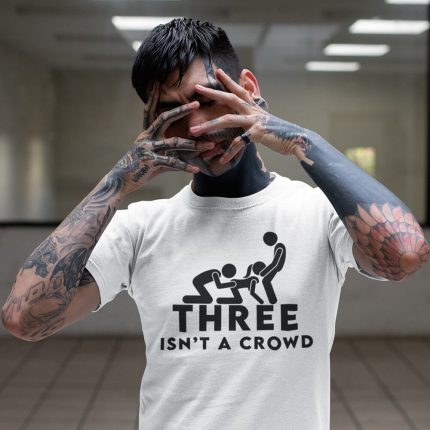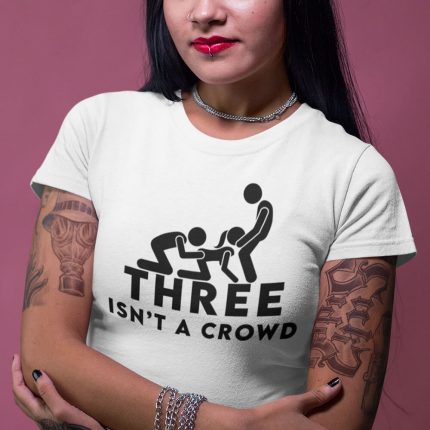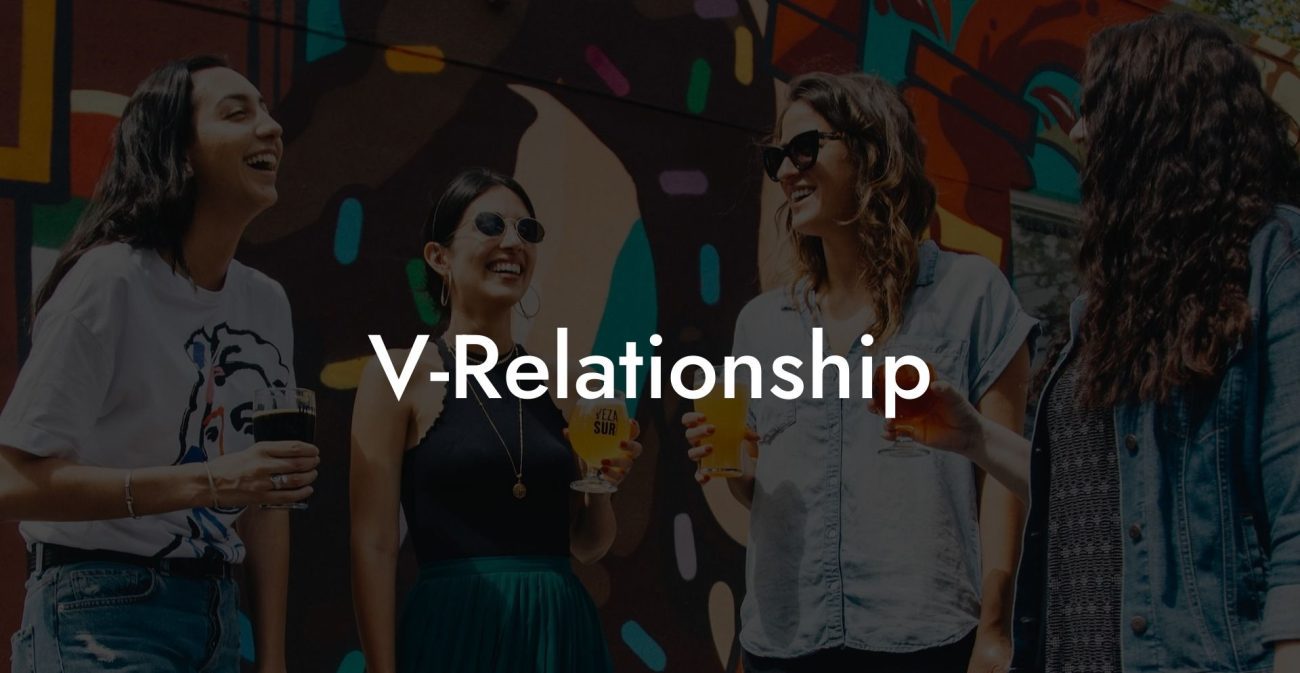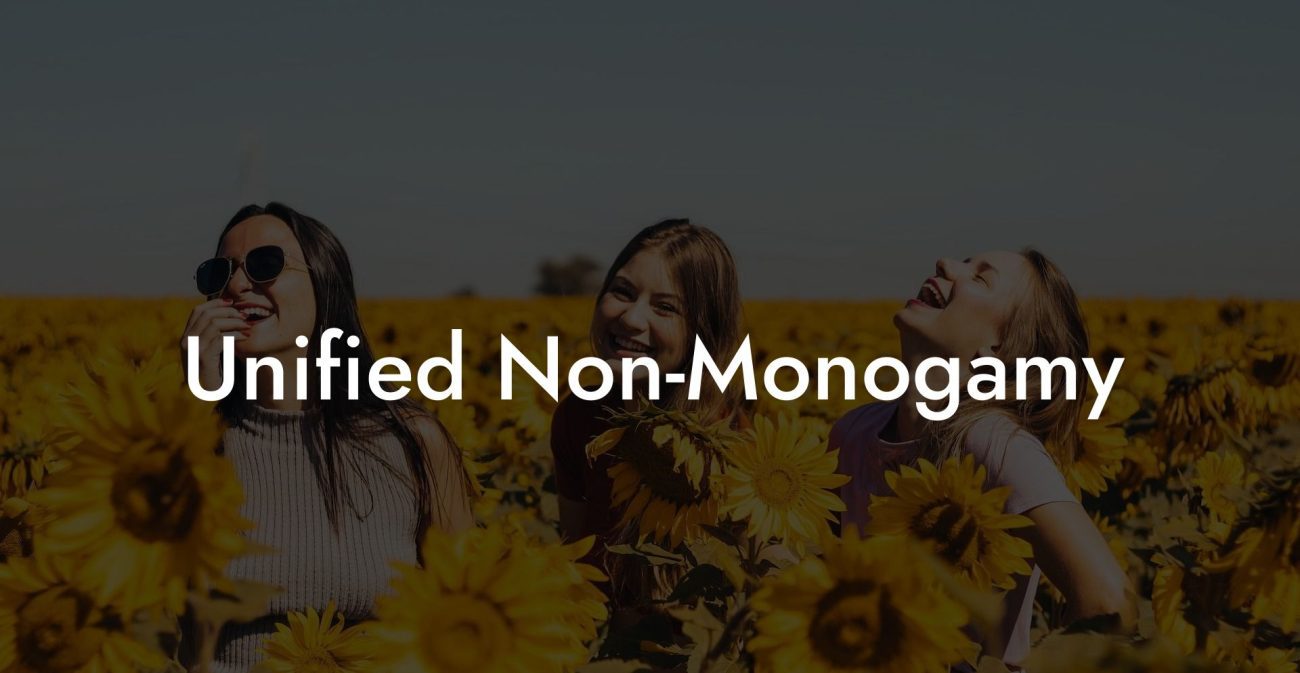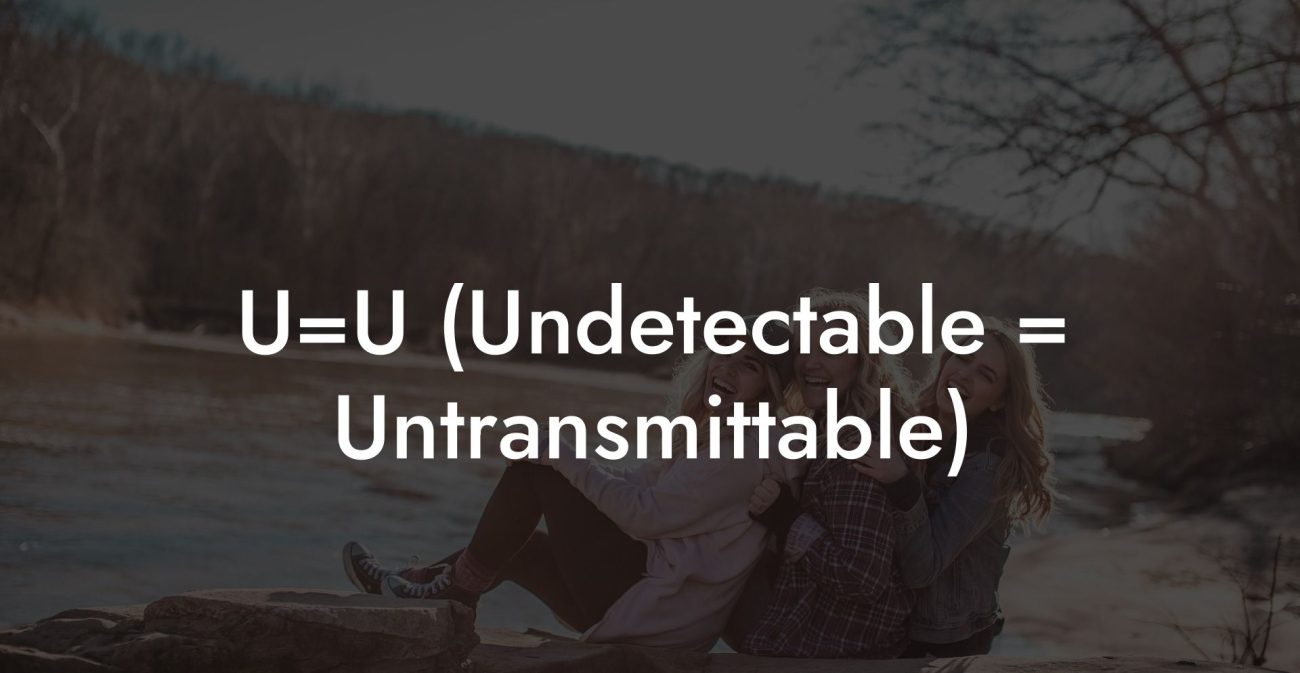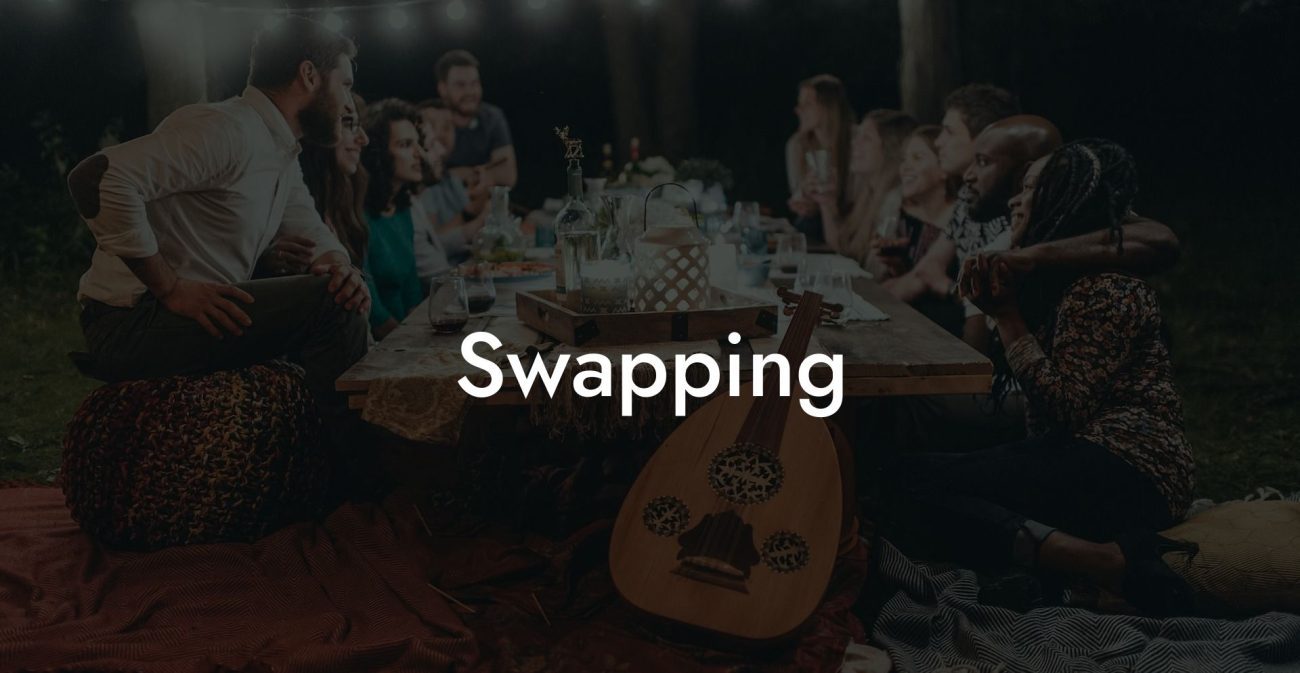Fractal Relationships

Imagine a love that reflects the endless complexity of a fractal—each small part mirroring the whole in intricate, self-similar patterns. Welcome to Fractal Relationships, a concept in ethical non monogamy where every connection is as multifaceted and evolving as a work of art. In this model, love isn’t a simple line drawn between two people; it’s an infinite, repeating pattern that expands, shifts, and deepens with every interaction. Get ready to explore a dynamic, mind-bending approach to relationships where every branch of your emotional tree is interwoven in a beautiful, ever-changing mosaic.
Have you ever wondered if monogamy is just a stupid little experiment? Open relationships, polyamory, relationship anarchy...find out which relationship dynamic suits you best with our one minute relationship test. See if you are just conforming to "societal norms". Reveal your truth >>
Quick Links to Useful Sections
- The Ethical Non Monogamy Term: Fractal Relationships
- What Are Fractal Relationships?
- Core Principles of Fractal Relationships
- Historical and Cultural Perspectives on Fractal Relationships
- From Simple Bonds to Complex Networks
- Cultural Shifts in Modern Love
- Everyday Dynamics of Fractal Relationships
- Living in an Interconnected Web of Love
- Navigating Change Together
- Benefits of Embracing Fractal Relationships
- Deepened Emotional Complexity
- Collective Resilience and Support
- Enhanced Communication and Conflict Resolution
- Flexibility and Adaptability
- Challenges of Fractal Relationships
- Managing Complex Communication
- Balancing Individual Needs with Collective Dynamics
- Adapting to Continuous Change
- Navigating External Judgment
- Frequently Asked Questions (FAQ)
- Resources and Community Support: Your Next Steps
The Ethical Non Monogamy Term: Fractal Relationships
What Are Fractal Relationships?
Fractal Relationships are a way of understanding love as a complex, self-repeating system. In ethical non monogamy, this term captures the idea that every connection you form—whether emotional, physical, or intellectual—contains echoes of the whole network. Just as a fractal pattern repeats itself at every scale, each relationship in a fractal network reflects the core values, dynamics, and energy of the entire community.
Instead of viewing relationships as isolated, one-off experiences, fractal relationships recognize that each bond contributes to and is shaped by the larger tapestry of your connections. Every interaction, no matter how small, carries a part of the network’s essence, continuously evolving as you and your partners grow.
Core Principles of Fractal Relationships
- Self-Similarity: Every relationship mirrors the values and dynamics of the larger network, reflecting a shared foundation of trust, openness, and mutual respect.
- Interconnected Growth: Personal development in one relationship positively influences and enriches the entire network.
- Dynamic Adaptability: Like fractals, your emotional bonds can evolve and adapt at different scales, maintaining coherence even as they change.
- Open Communication: Continuous, transparent dialogue ensures that every part of the network remains aligned and supportive.
- Collective Empowerment: Every partner’s growth and well-being contribute to the resilience and beauty of the whole relationship system.
Historical and Cultural Perspectives on Fractal Relationships
From Simple Bonds to Complex Networks
Traditional relationship models often envisioned love as a straightforward, linear connection. However, as societal norms evolved during the sexual revolution and beyond, people began to see love as more complex and interconnected. The concept of fractal relationships emerged as a metaphor for this complexity—suggesting that love, like fractals in nature, is intricate, layered, and capable of infinite variation.
EXPLORE OUR ETHICAL NON-MONOGAMY & OPEN RELATIONSHIP SHOP
👨💻👩💻 Digital Store (Instant Download)
🍆💦 Clothing Store (Worldwide Delivery Available)
Real Men Share Pop Art T-Shirt (Black)
$29.99Fuck Each Other Not The Planet Unisex T-Shirt (Black)
$29.99Sharing Is Caring Unisex T-Shirt (Black)
$29.99Real Men Share Pop Art T-Shirt (White)
$29.99Three Isn't a Crowd Unisex T-Shirt (Black)
$29.99Multiple Lovers - Sharing Is Caring Unisex T-Shirt (Black)
$29.99I Love Watching Pop Art T-Shirt (White)
$29.99I Love Watching Pop Art T-Shirt (Black)
$29.99Fuck Each Other Not The Planet Unisex T-Shirt (White)
$29.99It's Not Cheating If He Watches T-Shirt (Black)
$29.99Sharing Is Caring Daddy Cap (Black)
$39.99Three Isn't a Crowd Unisex T-Shirt (White)
$29.99Early pioneers in ethical non monogamy recognized that the bonds between people aren’t isolated incidents; they are part of a larger, interconnected system. This perspective challenged conventional ideas of exclusivity and paved the way for relationship models that celebrate multiplicity and collective growth.
Cultural Shifts in Modern Love
In today’s digital era, where social media and online communities expose us to a kaleidoscope of relationship models, the idea of fractal relationships resonates deeply. Millennials and Gen-Z are particularly drawn to the notion that every connection is fluid, evolving, and reflective of the broader network of love. This cultural shift encourages us to see our relationships not as static snapshots but as dynamic, interwoven tapestries that grow richer over time.
Everyday Dynamics of Fractal Relationships
Living in an Interconnected Web of Love
Imagine your relationships as a living fractal—each connection, whether it’s a quick conversation, a deep emotional exchange, or a shared adventure, contributes to the overall pattern of your life. Daily interactions in fractal relationships involve regular check-ins, group gatherings, and moments of spontaneous connection that reinforce the bonds among all members of the network.
Practical examples include:
- Regular Group Check-Ins: Scheduled meetings where all partners share updates, express feelings, and align on collective needs.
- Shared Experiences: Group outings or creative projects that build a collective narrative and deepen the interconnectedness of your relationships.
- Digital Communication: Using group chats and shared calendars to keep every part of your network informed and engaged.
- Adaptive Boundaries: Constantly revisiting and renegotiating boundaries to reflect the evolving nature of each connection.
Navigating Change Together
Just as fractal patterns shift and adapt with every iteration, the dynamics of your relationships will naturally evolve. This evolution can be both exciting and challenging, requiring open-mindedness and a willingness to embrace change. Regular, honest dialogue helps ensure that every member of the network feels heard and valued, even as the relationships transform over time.
Benefits of Embracing Fractal Relationships
Deepened Emotional Complexity
By viewing your relationships as part of a larger, interconnected system, you allow for a depth of emotional complexity that enriches every bond. Each connection gains layers of meaning through its integration into the whole.
- Layered Intimacy: The recurring patterns of trust and support create a multifaceted, resilient bond that deepens with time.
- Enhanced Empathy: Experiencing interconnected growth fosters a broader understanding of different perspectives and emotional needs.
Collective Resilience and Support
A fractal approach to relationships means that every part of the network supports every other part. This collective resilience helps you navigate challenges more effectively, as the strength of the whole is greater than the sum of its parts.
- Shared Strength: Multiple sources of emotional support provide a robust safety net during times of stress or uncertainty.
- Mutual Empowerment: Growth in one relationship can uplift the entire network, creating a virtuous cycle of collective empowerment.
Enhanced Communication and Conflict Resolution
The interconnected nature of fractal relationships promotes continuous, open communication, which in turn improves conflict resolution and deepens trust.
- Proactive Dialogue: Regular check-ins help identify issues early, preventing small misunderstandings from escalating into major conflicts.
- Empathetic Listening: Open communication fosters a culture of empathy, where every voice is heard and valued.
Flexibility and Adaptability
The ever-changing nature of fractals means that your relationships can adapt to new challenges, opportunities, and personal growth. This flexibility ensures that your connections remain dynamic and responsive to the evolving needs of every partner.
- Adaptive Boundaries: Regularly revising your relationship agreements keeps your network aligned with your current emotional state.
- Resilient Connections: A flexible approach builds a support system that can weather both external pressures and internal changes.
Challenges of Fractal Relationships
Managing Complex Communication
With multiple interconnected relationships, communication can become intricate. Ensuring that every partner’s voice is heard requires consistent effort and commitment.
- Tip: Schedule regular group and individual check-ins to keep communication channels open and clear.
- Tip: Utilize digital tools like shared calendars and group messaging apps to streamline interactions.
Balancing Individual Needs with Collective Dynamics
In a Fluid Network, each person’s unique needs must be balanced with the collective well-being of the group. This can sometimes lead to conflicts if personal desires clash with the needs of the network.
- Tip: Engage in honest discussions about personal and collective goals, and be willing to compromise to achieve mutual satisfaction.
- Tip: Regularly renegotiate boundaries to ensure that everyone feels supported and valued.
Adapting to Continuous Change
The dynamic, ever-changing nature of fractal relationships means that change is constant, which can sometimes be unsettling. Learning to embrace this uncertainty is key to thriving in a Fluid Network.
- Tip: Practice mindfulness to stay grounded in the present moment and view change as an opportunity for growth.
- Tip: Use regular self-reflection to understand and adapt to your evolving emotional needs.
Navigating External Judgment
Not everyone will understand or appreciate the beauty of an interconnected, fluid relationship network. External criticism can sometimes create self-doubt or pressure to conform.
- Tip: Build a strong internal support system of like-minded individuals who celebrate the dynamic nature of love.
- Tip: Focus on your own values and the strength of your network rather than seeking external validation.
Frequently Asked Questions (FAQ)
1. What is a Fluid Network in ethical non monogamy?
A Fluid Network is an interconnected web of relationships where every connection is dynamic, adaptable, and mutually supportive. It emphasizes open communication, adaptability, and collective growth.
2. How do Fluid Networks differ from traditional relationship models?
Traditional models often rely on fixed roles and exclusivity, whereas Fluid Networks are non-hierarchical, continuously evolving, and built on the premise that every bond contributes to the collective well-being.
3. What are the core principles of a Fluid Network?
Core principles include interconnectedness, adaptability, mutual empowerment, open communication, informed consent, and emotional resonance among all members.
4. How can being part of a Fluid Network benefit my emotional well-being?
A Fluid Network offers multiple sources of support, deepens emotional connections, and promotes personal growth through collective empowerment and shared experiences.
5. What everyday practices help maintain a Fluid Network?
Regular group check-ins, shared experiences, adaptive boundary-setting, and digital communication tools are key practices for sustaining a Fluid Network.
6. How do I balance individual needs with collective dynamics in a Fluid Network?
Honest, regular communication about personal goals and collective expectations, along with a willingness to renegotiate boundaries, is essential for balancing individual autonomy with group well-being.
7. What challenges might I encounter in a Fluid Network?
Challenges include managing complex communication, balancing personal and collective needs, adapting to constant change, and overcoming external judgment or societal expectations.
8. How important is communication in a Fluid Network?
Communication is the cornerstone of a Fluid Network. Consistent, transparent dialogue ensures that every partner is heard, that boundaries are respected, and that the network remains adaptable to evolving needs.
9. Can a Fluid Network include both monogamous and non monogamous relationships?
Yes, a Fluid Network is defined by its flexibility and mutual support rather than by a specific relationship structure. It can incorporate a mix of relationship styles as long as there is a commitment to open communication and collective growth.
10. What role does self-care play in a Fluid Network?
Self-care is vital—it ensures that you remain emotionally and physically balanced, enabling you to contribute positively to the network and support your own well-being.
11. How do shared experiences enhance a Fluid Network?
Shared experiences create lasting memories and deepen emotional bonds among all members, enriching the overall fabric of the network and promoting collective growth.
12. Where can I find additional resources on Fluid Networks?
Additional resources include books like The Ethical Slut by Dossie Easton & Janet Hardy, podcasts such as Multiamory, and online communities like r/polyamory that explore dynamic relationship models.
Resources and Community Support: Your Next Steps
- The Ethical Slut by Dossie Easton & Janet Hardy – A foundational text offering deep insights into ethical non monogamy and the dynamics of Fluid Networks.
- Podcasts: Listen to Multiamory and related podcasts for personal stories, expert advice, and strategies on building and maintaining a Fluid Network.
- Online Communities: Engage with forums like r/polyamory to share experiences, ask questions, and connect with others who value fluid, evolving relationships.
- Workshops and Webinars: Attend events on relationship psychology and ethical non monogamy to deepen your understanding and expand your support network.
- Therapy and Counseling: Consider professional guidance if you need help managing complex emotions or navigating the ever-changing dynamics of your relationships.
By engaging with these resources and implementing the practical strategies outlined in this guide, you can cultivate a robust Fluid Network that enhances every facet of your emotional life. Embrace the interconnected, ever-evolving nature of your relationships, celebrate collective growth, and let your love flow freely into a vibrant, resilient tapestry of connection.
EXPLORE OUR ETHICAL NON-MONOGAMY & OPEN RELATIONSHIP SHOP
👨💻👩💻 Digital Store (Instant Download)
🍆💦 Clothing Store (Worldwide Delivery Available)
Sharing Is Caring Unisex T-Shirt (Black)
$29.99Fuck Each Other Not The Planet Unisex T-Shirt (White)
$29.99Real Men Share Pop Art T-Shirt (White)
$29.99I Love Watching Pop Art T-Shirt (White)
$29.99Three Isn't a Crowd Unisex T-Shirt (White)
$29.99It's Not Cheating If He Watches T-Shirt (Black)
$29.99Multiple Lovers - Sharing Is Caring Unisex T-Shirt (Black)
$29.99Three Isn't a Crowd Unisex T-Shirt (Black)
$29.99I Love Watching Pop Art T-Shirt (Black)
$29.99Real Men Share Pop Art T-Shirt (Black)
$29.99Sharing Is Caring Daddy Cap (Black)
$39.99Fuck Each Other Not The Planet Unisex T-Shirt (Black)
$29.99Lost & confused by all of the terms, types and seemingly made up 3 letter acronyms?? We've got you. Check out our Ethnical Non-Monogamy Dictionary >>
Useful Interruption: Not sure which relationship vibe fits you best? Take our Relationship Test, it’ll give you the real insight into your natural relationship style. Then, dive into our binge-worthy guides (from the tried-and-true to the “wait, that’s a thing?”) and find the perfect relationship type for your life:
- Monogamy
- Open Relationships
- Ethical Non-Monogamy
- Solo Polyamory
- Non-Hierarchical Polyamory
- Hierarchical Polyamory
- Relationship Anarchy
- Swinging
Now back to the main article but yeah take the test...

